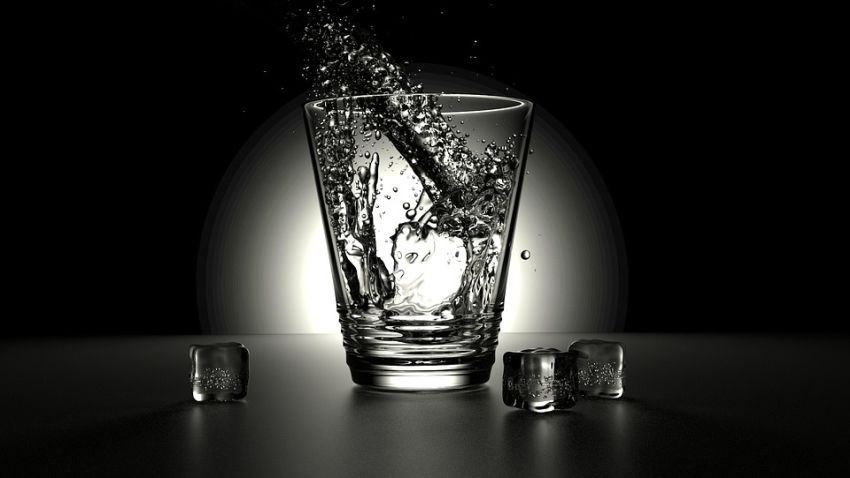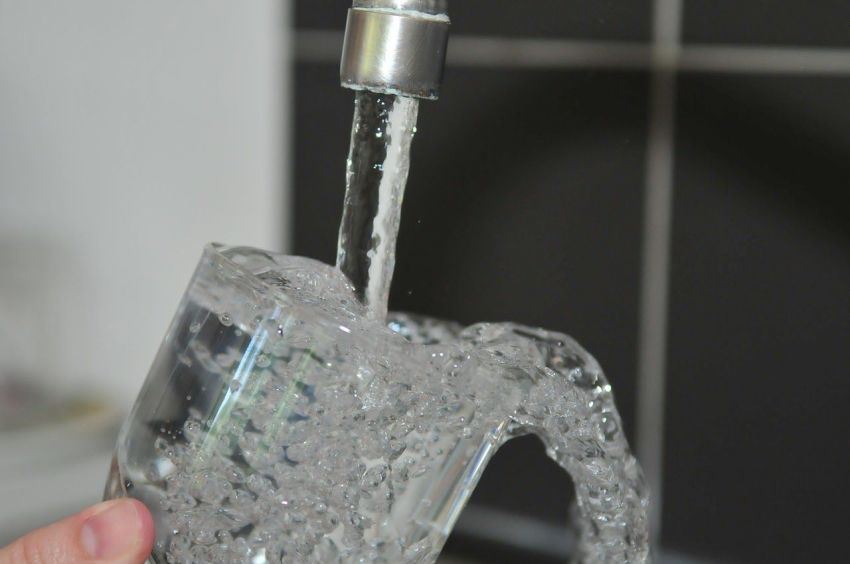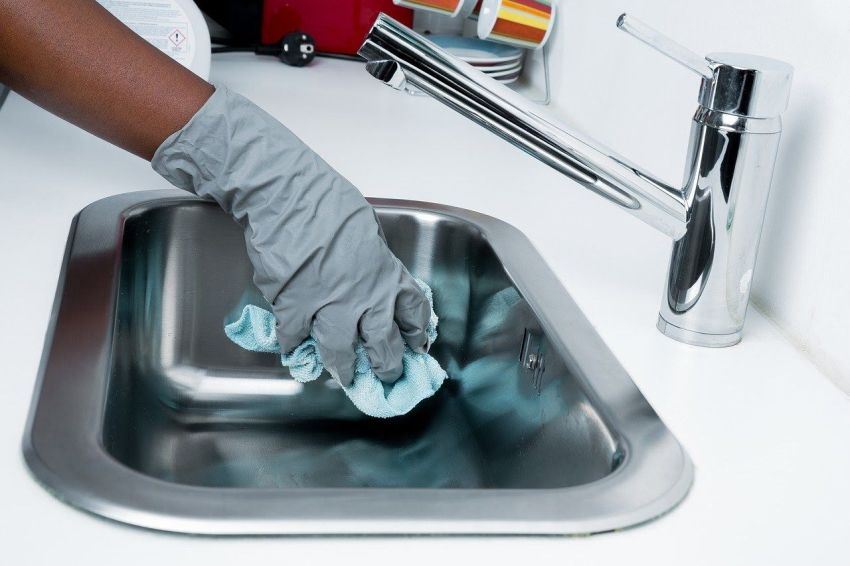The importance of water for the human body is more than apparent. We all need water to survive and access to clean drinking water is something everyone should have. But the next time you reach for a glass of water, think about where the water you’re drinking is coming from.
If your first instinct when you’re thirsty is to pour a glass of tap water, you might want to reconsider this. There are so many reasons why drinking tap water isn’t as good for you as you might think and why you should never settle for tap water when there are much better alternatives out there.
Health issues

Most people think that tap water is perfectly safe to drink because there are certain regulations put in place to ensure that. While it is healthy in most cases, there are certain instances when your tap water won’t be as safe for consumption as you wish it was.
Problems with tap water can arise due to various reasons. It could be because of the low frequency of water checkups for various water sources, problems within the water source itself, or even the pipes in your own home.
While there are many different health issues that can arise if you drink tap water, some of them include:
- Metal poisoning. Heavy metals are metallic elements with a relatively high density that are toxic or even poisonous when ingested. Your tap water could be contaminated with heavy metals and if you get metal poisoning, you could experience nerve damage, diarrhoea, memory loss, or muscle cramps.
- Lead poisoning. Some old water systems were constructed from lead piping. If you have an old water system, it might have lead pipes that seep small particles of lead into your drinking water. Constant exposure to lead can lead to decreased kidney function and cardiovascular effects.
- Skin irritation. Most public water systems are supplied with “hard water” which is high in minerals such as calcium and magnesium. While hard water won’t make you sick, it can cause irritation and itchiness when it’s combined with too much soap or it doesn’t get washed off properly.
- Asbestos exposure. Prior to the 1980s, some homes installed asbestos cement pipes. If you have these pipes in your home, they are very old and are most likely deteriorating, which means asbestos is seeping into your drinking water.
Taste

Clean and drinkable water should have a pleasant taste. However, sometimes tap water can have bad taste, and there are five most common tastes people complain about when they drink tap water:
- Earthy or musty. An earthy or musty taste in tap water is usually caused by algae bacteria or other organic material located in your water source. It can also occur when water passes through peaty land such as moorlands, or when water is left standing in your household pipes for too long.
- Chlorine. Chlorine is added to drinking water to keep it safe and kill harmful germs. It isn’t harmful, but when it reacts with materials used for tap washers, seals in kettles, and anti-splash devices, it can cause an unpleasant chemical taste.
- Petrol or diesel. This type of taste can be caused by one-off events caused by oil or fuel spillage that happened near plastic supply pipes. It can happen in your household if you had any work done in your home, had any oil leaks in the near past, or have an oil-fired heating or storage tank.
- Chemical. A chemical taste in drinking water is often caused when water comes into contact with rubber or plastic pipes when small amounts of substances dissolve in the water. It can also occur when there are changes to the water pressure that lead to expansions of rubber hoses attached to washing machines.
- Bitter and metallic. Your internal pipework is to blame for this type of taste. Iron, copper and galvanized pipes that have been exposed to standing water for several hours or more can have a very bitter taste. This problem occurs more frequently in large buildings or buildings with long pipes.
Different implementations of water systems
.jpg)
Even if you think your tap water is fine just the way it is, a water filtration system is always a smart purchase.
The three different water systems you can implement in your home include:
- Under a sink. There are two types of under sink filters – simple and conventional. This type of filer is placed under a sink and diverts cold water from the pipes to the filter before it reaches the sink faucet. This will make your water safer, tastier, and much healthier.
- Countertop. These filters sit on top of the countertop and divert incoming water from the sink faucet via a tube into the filter. They’re very easy to install and come with one or more replacement filters. This makes the water healthier and boosts its properties, making it safer to drink.
- Faucet attachments. These filters attach directly to your faucet to remove chlorine and fluoride from your water and eliminate strange odours. Faucet attachments also help remove heavy metals from water.
There are many different brands of water filtration systems on the market, but it’s best to opt for one of the best-known and high-quality ones such as Billi, Insinkerator, and Zip Hydrotap.
Other reasons to improve tap water

While the biggest reason to improve your tap water is the obvious health benefits, there are still many other reasons why a water filtration system would be a great investment for anybody.
- Saving money. If you want to ensure you’re always drinking clean and healthy water, you have two options – purchasing a filtering system or drinking bottled water. With a water filter, you will spend much less on water you can drink straight from the tap than if you bought water bottles every single day.
- Environmental benefits. One of the main sources of pollution is an excessive amount of plastic that gets thrown away each day. If you switch from bottled water to filtered water, you will help the environment.
- Improving the quality of life. Filtered water that’s rich in minerals can improve the quality of your life in multiple ways. For instance, it will improve your drinking habits because the water will taste much better, make the food you cook with your water taste much better, and prevent gastrointestinal issues.
- Preserving your teeth. If your tap water is too acidic, it will significantly damage your teeth and gums in the long run. Filtered water will stop that from happening and preserve your dental health.
Ease of maintenance

As we’ve already established, getting a water filtration system for your home is one of the best decisions you can make. However, if you want to ensure you’re getting all the benefits these systems have to offer, you need to ensure you’re maintaining your system properly.
Luckily, the maintenance of a water filtration system is simple and easy:
- Have a regular cleaning routine. You should thoroughly clean your water filter system on a weekly basis to avoid a build-up of dirt, minerals, and other contaminants. Avoid using harsh cleaning products and rinse your system with warm water.
- Replace filter cartridges. Your filtration system will have a control unit that shows when you need to change the filter. Aside from keeping an eye on that, you should also follow the manufacturer’s instructions.
- Know when to replace your system. Your filtration system’s lifespan can be significantly prolonged with proper maintenance. However, your system won’t last forever and has a suggested lifespan, and unless you replace it in due time, your system will become inefficient.
Wrap up
Taps give us access to drinkable water, but sometimes the quality of that water is less than ideal. Luckily, with water filtration systems, you don’t have to drink regular tap water and can instead enjoy clean and healthy water from the comfort of your own home.
By using one of the products at Aquastream, you will be able to have everyday access to water that’s not only beneficial for your health, but can also add to the comfort and quality of your life, help you save the environment, and much more.
So why would you settle for regular tap water when you have a much better choice?
